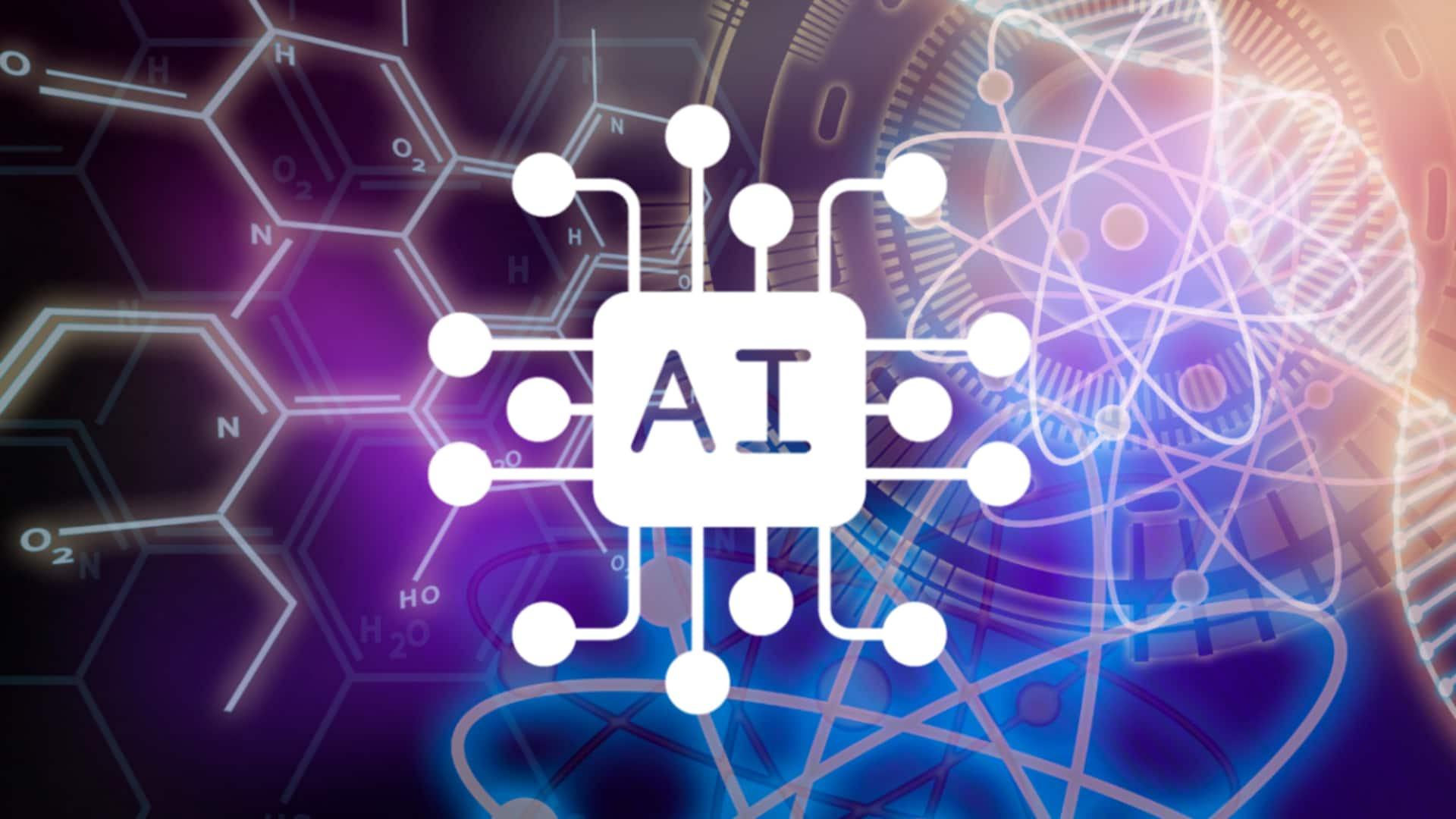
80% scientists using AI tools for work are unhappy: Study
What's the story
The use of artificial intelligence (AI) tools in workplaces improves productivity but reduces job satisfaction, a study by an MIT doctoral student has found.
The research, which involved 1,018 scientists from a US-based research and development lab, found that while AI tools contributed to a 17% increase in new product creation, they also left over 80% of the scientists unhappy with their work.
Study findings
Impact on productivity and job satisfaction
The study found that AI technology proved particularly useful for top researchers, nearly doubling their output.
However, the bottom third of scientists saw little benefit from these tools.
The study also revealed that 82% of scientists reported reduced satisfaction with their work, due to decreased creativity and underutilization of skills.
Innovation boost
AI's role in idea generation and scientific discovery
Researcher Aiden Toner-Rodgers emphasized that the AI tool played a key role in producing different "recipes" for new chemical compounds.
It contributed to 57% of scientists' "idea generation," meaning that a large portion of the creative process was automated.
Toner-Rodgers proposed that one of the most exciting things about AI is its ability to speed up scientific discovery and innovation, which could be a massive boon.
Expertise requirement
AI's effectiveness depends on pairing with skilled scientists
Toner-Rodgers also found that AI gave a major boost to materials discovery, increasing patent filing and downstream product innovation.
However, he stressed that the tech only works when paired with adequately skilled scientists.
"The model must be complemented by domain experts who can evaluate and refine its predictions," he said.
This finding highlights the need for human expertise to get the most out of AI integration in workplaces.